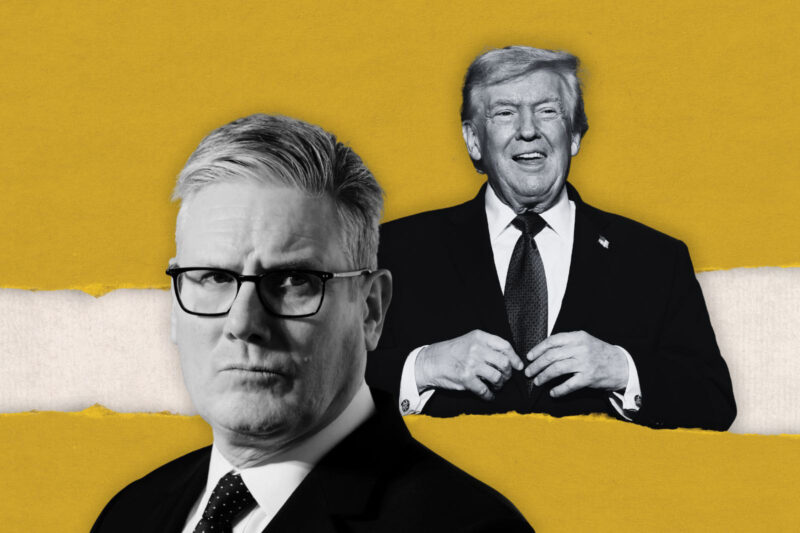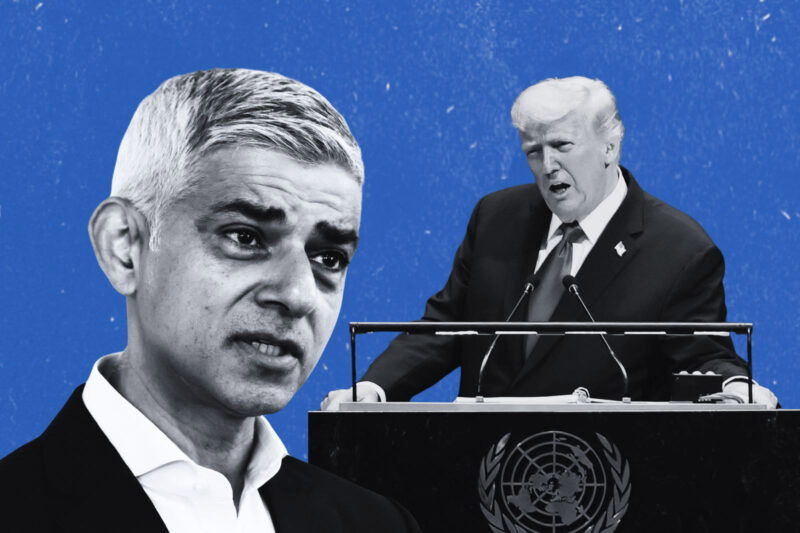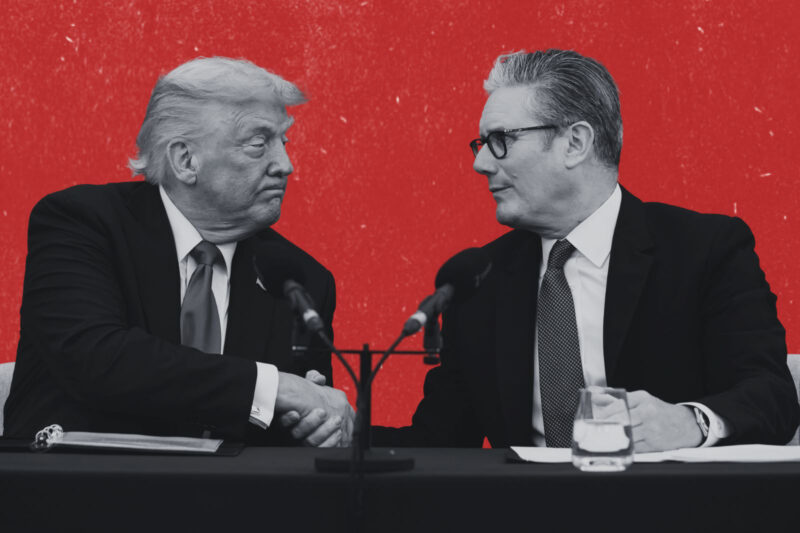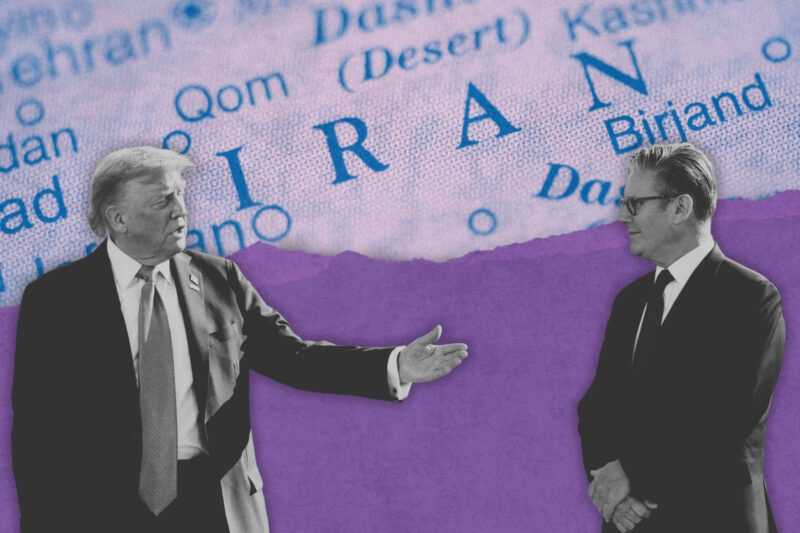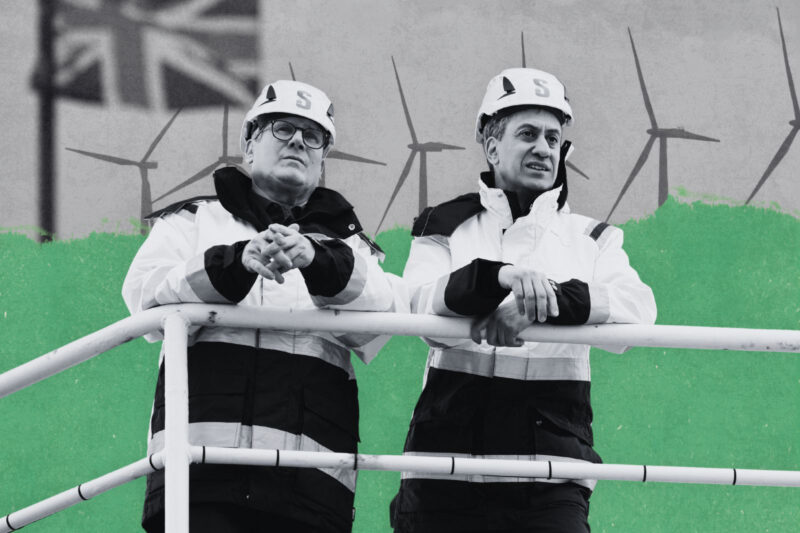Trump’s tariffs could blow Rachel Reeves’s planning out of the water
Behind the scenes, Britain has been trying to reassure industry without angering the US. It doesn’t seem to be working
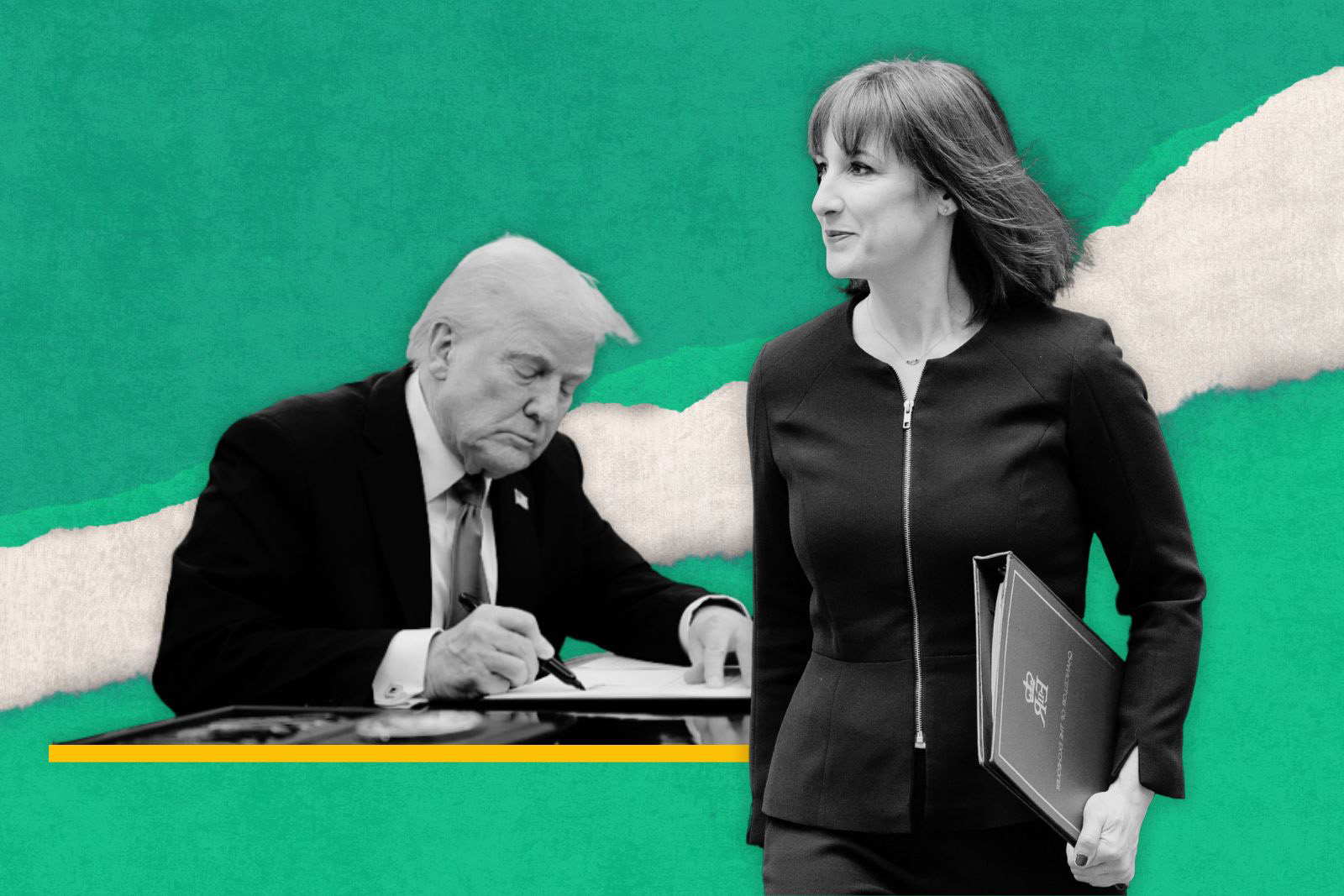
The delivery of Rachel Reeves’s spring statement on Wednesday was a consequential moment in British politics. The policies she announced, and the associated growth forecast, will have lasting implications for the UK economy. But even as she laid out her economic vision, another potentially greater storm loomed on the horizon: Donald Trump’s tariffs.
I interviewed the chancellor for ITV News in the days leading up to her spring statement, and I asked her about why the economy wasn’t growing. “The world is changing, and we can see that in front of our eyes,” she told me. Although Reeves stopped short of explicitly naming Trump, the implication was clear — uncertainty around the US administration’s policies could have a seismic impact on the UK.
The so-called “special relationship” with the US is under intense pressure and the UK has not been exempt from the tariffs that have been introduced by the Trump administration so far. Indeed, just hours after the spring statement, which was intended to get a grip of the country’s finances, Washington announced a 25% tariff on all cars imported into the US, causing another huge headache for the chancellor. This is a major blow to the UK, given that the US is our second-largest car export market.
Motor manufacturing isn’t the first UK industry to find itself at the sharp end of the White House’s plans. A few weeks ago, Trump introduced a 25% tariff on steel imports — measures from which the UK government had tried, unsuccessfully, to exempt Britain. Following Trump’s decision, the business secretary Jonathan Reynolds held emergency meetings with steel industry leaders to attempt to reassure them. One source at the meeting told me there was talk about Britain’s push for a free trade agreement with the US, which should in theory eliminate the tariffs. This, however, could take a while to negotiate, leaving Britain without a solution to the immediate problem.
Government sources told me that, while ministers were concerned, they had chosen not to push back too aggressively to the initial introduction of steel tariffs. The reasoning was strategic: UK steel exports to the US amount to just under £400m annually — a relatively small figure compared to other sectors. Their fear was that if the UK engaged in a direct trade confrontation over steel, it could provoke even more damaging retaliation, potentially jeopardising the trade talks and leading to blanket tariffs on all UK exports to the US. That, officials warned, would be a disaster. The US is the UK’s second-largest trading partner, accounting for £60bn of UK goods exports. A tariff on all of that would have catastrophic consequences.
This initial attempt at diplomacy does not yet appear to have worked. Trump is expected to introduce “reciprocal tariffs”, ensuring that the US charges other countries the same fees that they slap on American imports, next week. Initially, the UK assumed it would be exempt, given that it does not apply tariffs to US imports. However, when the policy details were published by the White House, there was an unexpected twist — the documents made reference to VAT.
The implication here is that the Trump administration considers VAT a tariff that unfairly disadvantages US goods. This stance is controversial, given that VAT applies equally to domestic and imported products. Nonetheless, this interpretation is shaping US trade policy and could see a 20% tariff introduced on British exports.
The Office for Budget Responsibility (OBR), the government’s independent forecaster, released its latest projections alongside Wednesday’s spring statement. In Westminster, there has long been a view that the OBR tends to be overly optimistic — but this time even its assumptions are pretty modest. UK economic growth is expected to reach only 1.8% by 2027. And it gets worse once the impact of Trump’s potential blanket tariffs is taken into account.
The OBR modelled three key scenarios:
- The UK is exempt from tariffs, but the US imposes them on other countries, leading to retaliatory measures: UK GDP growth is 0.2 percentage points lower by 2027 (1.6%) as global supply chains are hit.
- The UK is hit with tariffs but chooses not to retaliate: UK GDP growth is 0.6 percentage points lower by 2027 (1.2%).
- The UK is hit with tariffs and retaliates: UK GDP growth is 1 percentage point lower (0.8%) by 2027.
All three of these are bad, especially at a time when the economy is barely growing to start with. The worst-case scenario would “almost entirely eliminate the headroom against the fiscal mandate”, according to the OBR. That headroom means the amount of leeway the government has to either spend more or to cut taxes. No government likes to have no flexibility, so if it gets wiped out, the government may need to spend less or raise taxes to get it back.
Why is all of this happening? The most obvious explanation is that Trump wants to reindustrialise the US, increasing both its manufacturing capacity and the attractiveness of US products to a domestic market. Another is to put pressure on trading partners. Stephen Miran, the chair of Trump’s Council of Economic Advisers, has previously written about orchestrating a “reordering” of global trade and finance. His theory is that, by imposing tariffs, the US could force trading partners into renegotiating trade deals under the threat of economic instability. The Trump administration is thought to harbour a desire to devalue the dollar — which would make US exports more appealing to other countries. Tariffs usually do the opposite of this, but Miran believes there is a complex path through a variety of economic policies that could essentially allow the US to do both.
There is precedent for the US devaluing the dollar. In 1985, the US convinced major economic powers, including the UK, Germany, France, and Japan, to devalue the dollar. The devaluation made US exports cheaper and over the course of a couple of years the US trade deficit fell. If that’s what Trump is trying to do now, then we are in for a bumpy ride.
Whatever the White House masterplan, it is clear that the UK faces serious economic headwinds. While Reeves’s policies will shape Britain’s economic trajectory, external shocks like Trump’s tariffs could prove to be an even greater challenge. Reeves’s key challenge, beyond growing the economy, is now to shield Britain from an unpredictable White House.
Shehab Khan is an award-winning presenter and political correspondent for ITV News.
 Newsletter
Newsletter



